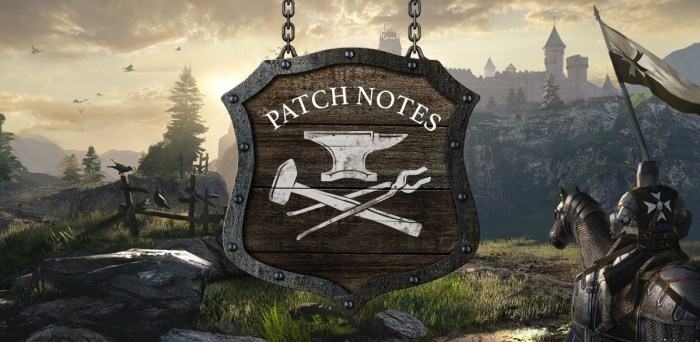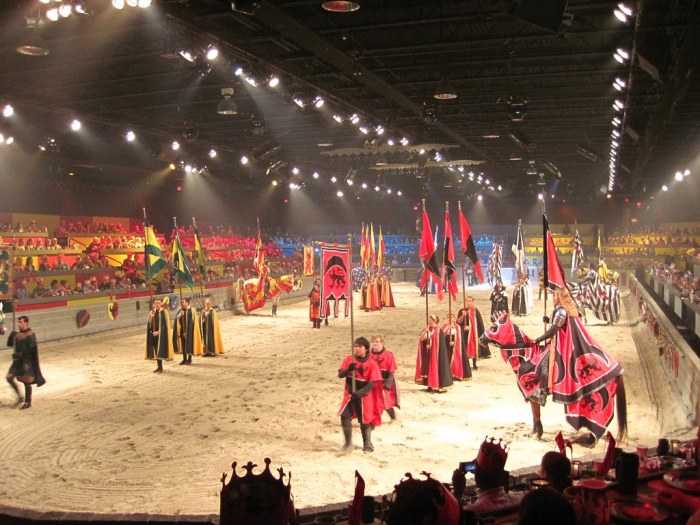Knights squires apprenticeship no longer in force – Knights and squires, once central figures in medieval society, were trained through a rigorous apprenticeship system that shaped their skills and values. However, this system gradually declined, leaving a legacy that continues to resonate in modern times.
The apprenticeship system for knights and squires emerged during the Middle Ages, providing a structured path for young men to acquire the knowledge and skills necessary for knighthood. Squires, typically teenagers, served as attendants to knights, learning the art of combat, horsemanship, and courtly etiquette.
Knights, Squires, and the Apprenticeship System

The apprenticeship system for knights and squires played a pivotal role in the development of medieval society. This structured training program provided young men with the skills and knowledge necessary to become honorable and skilled warriors.
Historical Significance
Knights and squires were the backbone of medieval armies. They were expected to be proficient in a wide range of skills, including horsemanship, swordsmanship, and military strategy. The apprenticeship system was designed to provide them with the necessary training and experience to fulfill these demanding roles.
- The apprenticeship system for knights and squires began in the early Middle Ages, around the 11th century.
- Young men typically began their apprenticeship at the age of 12 or 13, and they would spend the next several years serving as a page or squire to a more experienced knight.
- During their apprenticeship, young men would learn the basics of horsemanship, swordsmanship, and military strategy.
- They would also learn about the code of chivalry, which emphasized honor, loyalty, and courage.
- Once they had completed their apprenticeship, young men would be eligible to become knights themselves.
Decline of the Apprenticeship System
The apprenticeship system for knights and squires began to decline in the late Middle Ages, as technological advancements and societal changes made it less necessary.
- The development of gunpowder weapons, such as the cannon, made it easier for infantrymen to defeat knights in battle.
- The rise of nation-states led to the creation of professional armies, which replaced the feudal system that had relied on knights and squires.
- As a result of these changes, the apprenticeship system for knights and squires gradually phased out.
Modern Relevance, Knights squires apprenticeship no longer in force
Although the apprenticeship system for knights and squires is no longer in force, its legacy continues to be felt in modern times.
- The principles of mentorship and experiential learning that were central to the apprenticeship system are still used in many educational and training programs today.
- The code of chivalry, which was taught to knights and squires, continues to inspire people to live honorable and ethical lives.
- The stories of knights and squires continue to be told in literature, art, and popular culture, and they continue to captivate audiences with their tales of adventure, heroism, and sacrifice.
Cultural Impact
Knights and squires have had a profound impact on Western culture.
- They have been the subject of countless works of literature, art, and music.
- They have also been the inspiration for many of our modern ideals of chivalry, honor, and loyalty.
- The apprenticeship system for knights and squires helped to shape the way that we think about education and training.
Historical and Contemporary Parallels
The apprenticeship system for knights and squires is not the only example of a structured training program that has been used to prepare young people for a particular profession.
- In many cultures, apprenticeships have been used to train young people in a variety of trades, such as carpentry, blacksmithing, and tailoring.
- Today, apprenticeships are still used in many industries, such as construction, healthcare, and manufacturing.
- Apprenticeships provide young people with the opportunity to learn from experienced professionals and to gain the skills and knowledge they need to succeed in their chosen field.
FAQ Guide: Knights Squires Apprenticeship No Longer In Force
Why did the apprenticeship system for knights and squires decline?
The decline of the apprenticeship system was primarily due to technological advancements, societal changes, and the rise of professional armies.
What skills did squires learn during their apprenticeship?
Squires learned combat skills, horsemanship, courtly etiquette, and the management of a household.
How is the legacy of the apprenticeship system still relevant today?
The principles of mentorship, experiential learning, and the pursuit of excellence continue to shape education and training programs in various fields.


